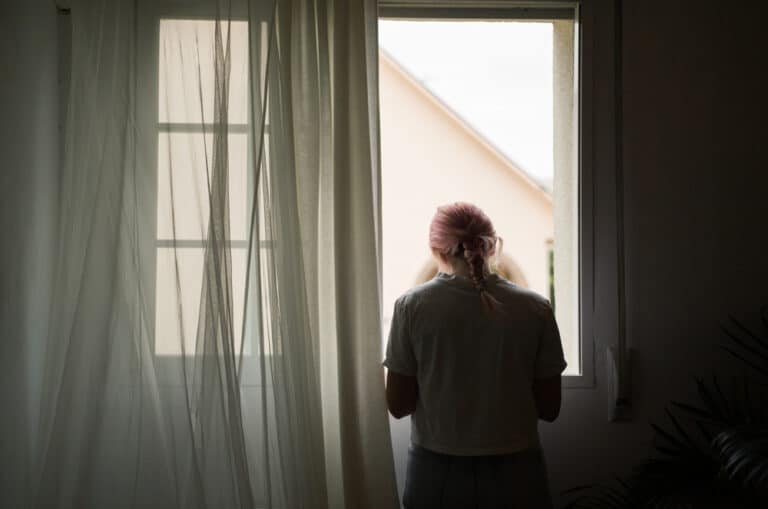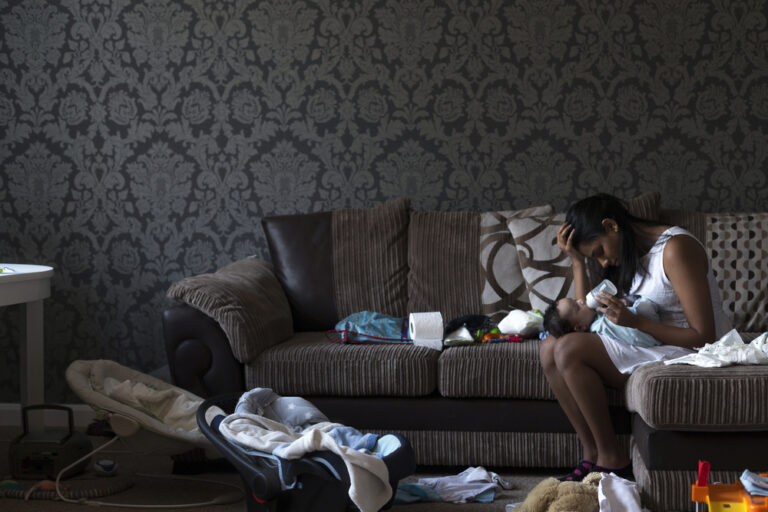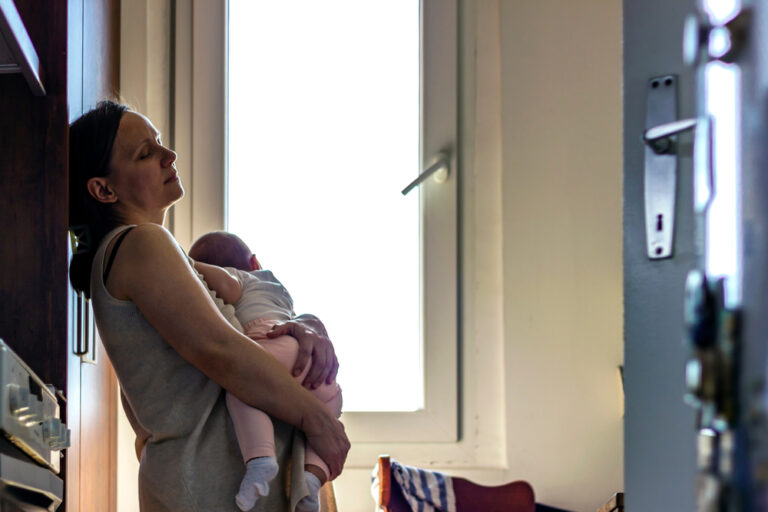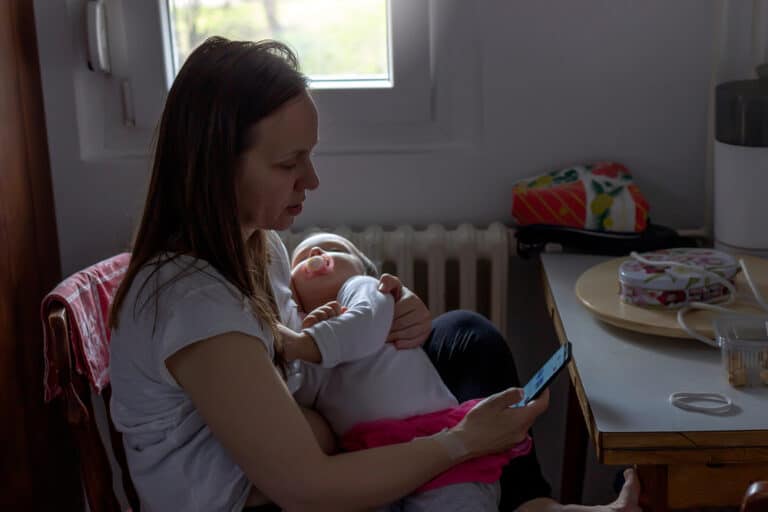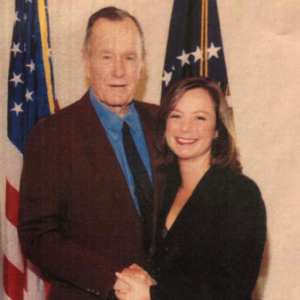I was walking circles around the house, unable to set the baby down without him fussing. He had been sick for a week, and I was exhausted and worried. My husband had left for work several hours before, leaving me on my own with our four boys. Now it was 5 p.m., and the baby’s fever and my anxiety were rising as the light faded.
I picked up my phone and dialed my mother-in-law’s number, “Hi, Mom, uh, it’s Annelise. Could you come over? I am just so tired and so worried, and I don’t want to be by myself.”
My voice cracked as I held back tears, my fragile emotional state revealing itself.
As I hung up the phone I felt a wave of relief, accompanied by a small tickle of shame. My three older boys were thrilled with the news that Grandma was coming, but despite my relief, I couldn’t help feeling foolish.
Familiar scripts started to rear their head, angry at me for disrupting the status quo.
Don’t you think you’re a little pathetic for not being able to handle it on your own? You know you just disrupted her weekend plans, right? Other people don’t have this kind of anxiety. What is wrong with you?
RELATED: My Anxiety Makes Me Feel Like I Fail Over and Over Again
I learned early on in my life that asking for help left me vulnerable. Best to keep to yourself and plow through. It’s dangerous to ask for help if it costs the other person something. It’s especially dangerous to accept something you can’t pay for. This is how I’ve lived most of my life—with a careful calculus that demands I be near death or able to offer something in return in order to accept help.
I’ve spent the last several years trying to unlearn this pattern. I’ve learned to ask for help, my hand forced by chronic illness and difficult postpartum recoveries. Still, I struggle when I feel like I should be able to handle something on my own, or when asking for help makes me feel needy. If I can power up, push through, clench my jaw and keep going, it’s often the easiest path for me to choose.
My body and brain know that pattern, and I can feel myself wind up for it almost automatically.
When I’ve chosen to reach out for help, to admit to myself and someone else that even if I could have done it by myself, I didn’t want to, there has been an internal firestorm. Part of me knows I am not meant to do this alone—that it is OK and right and good to ask for help, but that part is often bullied into submission by the voice of old accusations. Often I find that I am almost paralyzed by the internal conflict.
After this most recent crisis passed, I sent a close friend a voice message processing through how stupid I felt for being so needy and how loud the messages of shame felt. Her kind reply, borne of experiential understanding of similar struggles was this, “I know how it feels, but that’s a lie, Annelise.”
Sometimes you need someone else to name the voice of the accuser for what it is.
Lies are sneaky, and there is nothing more that the enemy, the accuser and the father of lies, would like than for us to keep swallowing them whole. They feel true when they’ve taken root in our hearts, snagged on the rough edges of our most wounded places. But just because something feels true, doesn’t mean it is.
RELATED: I Have Anxiety and Depression—and I’m a Good Mom
When we recognize these beliefs for what they are, we are given a choice to keep clinging to them or to walk forward in a new way even when it makes us feel wobbly and vulnerable. If I choose to wallow in guilt and shame for having needs, I am rejecting God’s care and kindness reflected through other people.
I used to think that God convicted me of sin through punitive measures, but so often I find He brings me to the end of myself and presents me with options. I can choose this well-worn rut of pain or I can hear the invitation He holds out to me to choose a new way and walk free.

If you liked this, you'll love our book, SO GOD MADE A MOTHER available now!
Order NowCheck out our new Keepsake Companion Journal that pairs with our So God Made a Mother book!
Order Now

